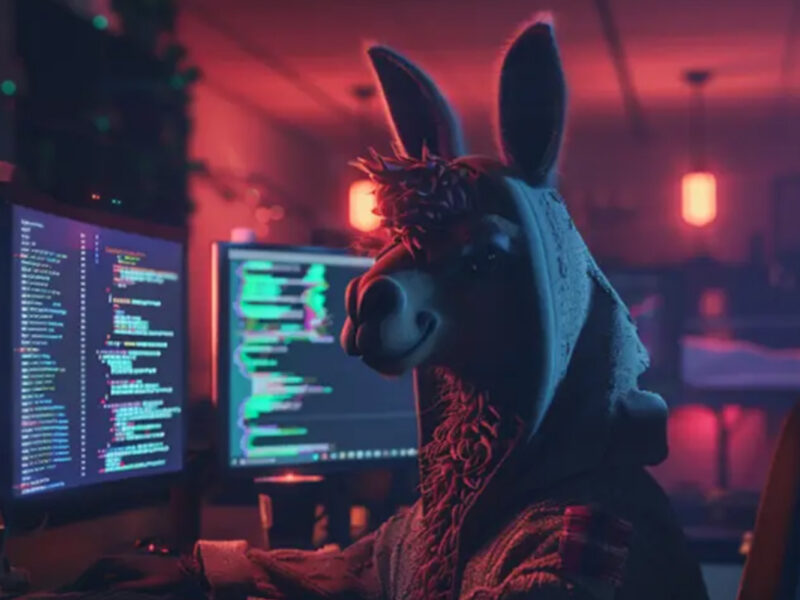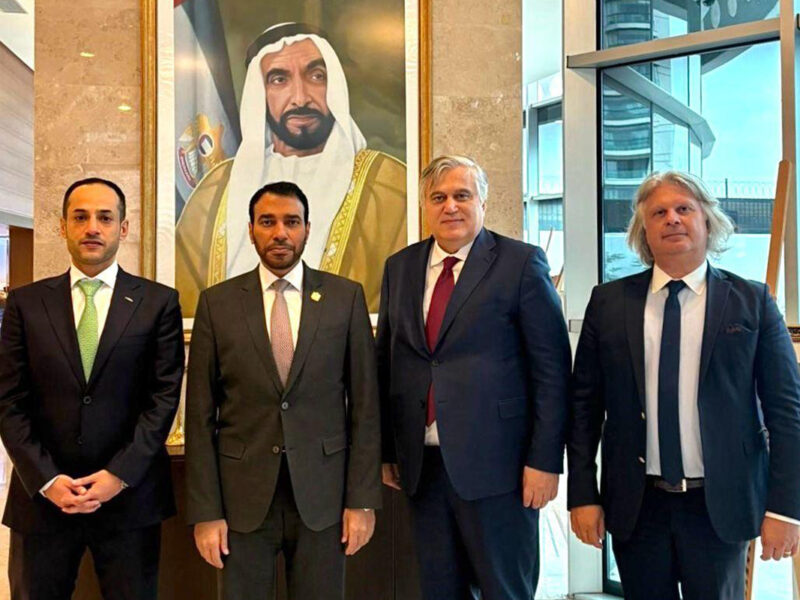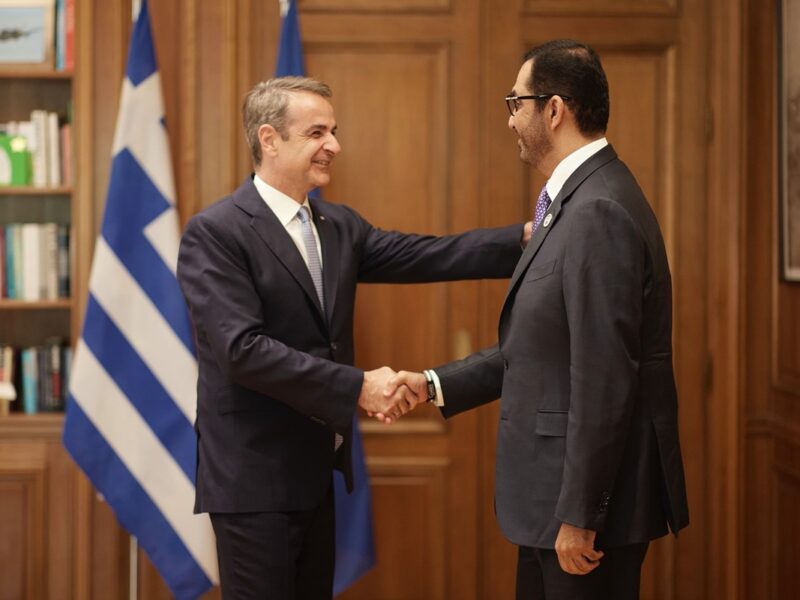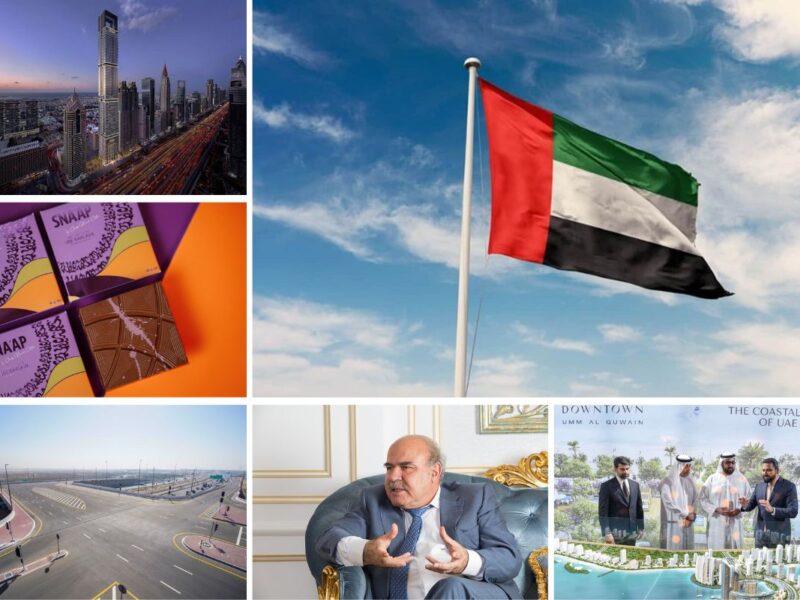With the metaverse becoming more of a reality every day, the opportunities presented by that digital world have become the key focus among multinational corporates and the public sector alike as both entities look to manage the space while regulating risks.
The metaverse’s ability to connect people and entities across the globe in a mix of the virtual and physical world is transformational, speakers at the World Government Summit 2022 agreed.
Speaking in a panel titled The New Epoch for Governments: Across the Metaverse, the political economist and social technologist at Microsoft, Glen Weyl, said: “What we are seeing right now is the beginnings of a technical revolution that will effect geopolitics as much as anything since the industrial revolution.
“But it is not exactly the things that we hear people talking about: It’s not so much AI, which is all about replacing people; or crypto, which is to a large extent about replacing institutions, governments, etc.”
“Instead, it is something that I want to call plurality – technologies that actually foster connections across individuals, and institutions that strengthen relationships among people. I think this is going to turn out to be much more important than either replacing people or replacing institutions,” he added.
Weyl added: “Virtual worlds are a very powerful way for us to see things from someone else’s perspective but they can also be used as escapism. So, the real question is what the intentionality with which we built that technology was.
“A lot of crypto is about liberating the individual from all social institutions. There’s another concept, which relates to how we actually use these technologies as ways to allow us to collaborate as we’ve never been able to do before.”
The metaverse is a network of realistic 3D digital worlds built within a virtual-reality space where people can interact with computer-generated environments and other users.
At its broadest, it combines elements of social media, augmented reality, virtual reality, video games, cryptocurrencies, and other advanced technologies.
“Interoperability is vital when it comes to realising the ideas in this space and I want to open up the conversation about the metaverse to talk a little bit more about the real world,” said Evo Heyning (below), creative executive producer and co-chair, Open Metaverse Interoperability Group.
“There is the immersive web but it is also the connection to the spatial web, or the physical world – for example IoT or digital twins – and that is where the rubber meets the road.”
“That is where things are going to get done in climate emergencies, in disaster response and conflict resolution. That’s where interoperability matters. If we can come together, design things together, and then implement them effectively, we can address any challenge together,” she added.

Heyning added: “The Metaverse needs to include open space technologies where we invite interaction and participation. This will be about how the public chooses to create spaces where people can come together to form that level playing field.
“Right now, that does not exist except for on the web and most of those spaces are also run by a single company. We know that that does not help us thrive. If it’s owned by a single company, it can be shut down at any time and that keeps us from realising the best innovations that we’re capable of. The challenge here is not to have this monopolised by one single company.”
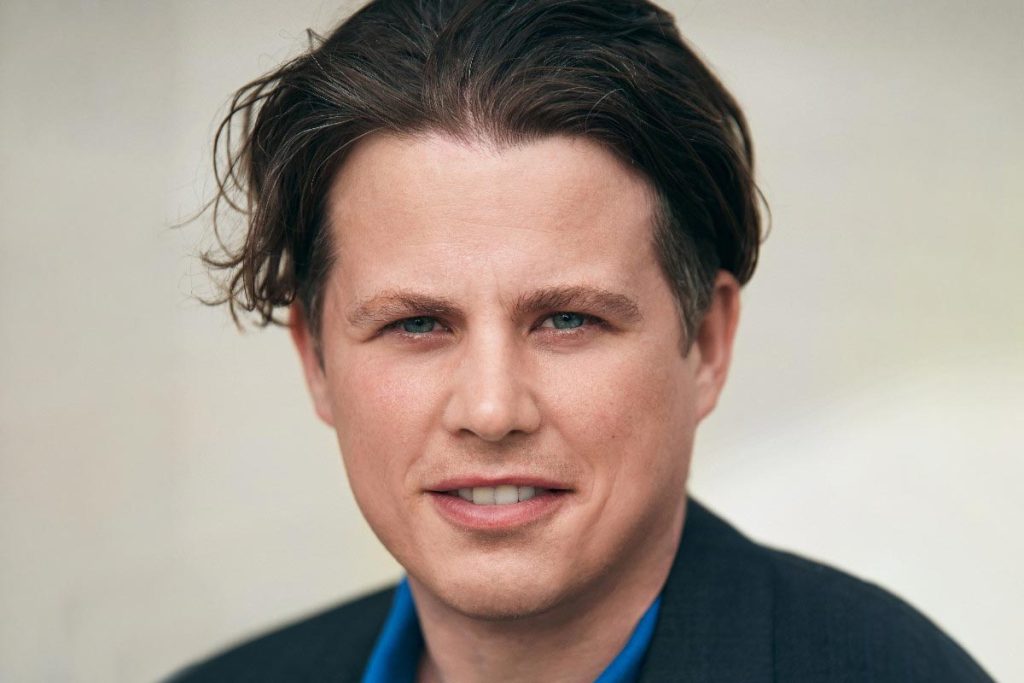
Commenting further on interoperability and the opportunities in the metaverse, Joel Dietz (above), the founder and CEO of Metametaverse, said: “At least from an ownership paradigm, the future seems to belong to Web 3.
“Almost immediately after the ethereum white paper came out, people were thinking about, platforms that were effectively owned by the participants and the same thing applied to a virtual world where it would also be owned, and governed by the participants in that world.”
Dietz added: “People have built a lot of different types of organisations, often called Dows, which exist entirely in a blockchain or Web 3 context. These are entirely governed by their members, and have their own intrinsic monetisation techniques that allow them to be very prosperous without necessarily connecting into the brick and mortar world.”
“There’s even an optimism among many people that they may solve some of the problems that have been neglected in international governance; there’s a lot of people working on climate change with respect to Dow. It’s still early, but there’s a lot of optimism, and it’s fundamentally different building blocks that are being used.”

